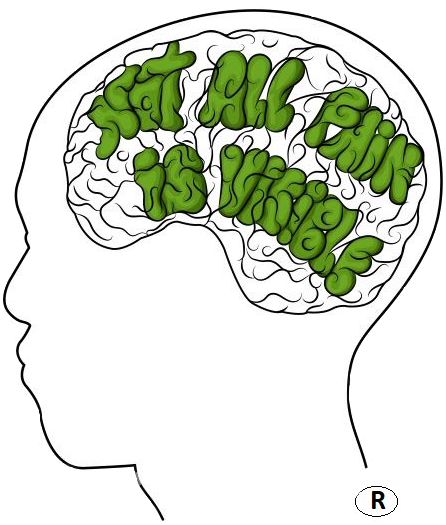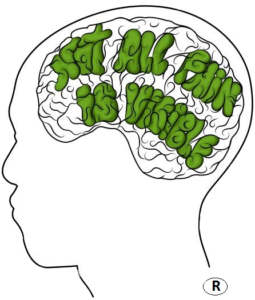Resources
Mental Health Helplines
24-Hour Helpline, unless otherwise noted
| Country | Hotline |
|---|---|
| Alzheimer’s Association | 1-800-272-3900 |
| Crisis Connections | 866-427-4747 |
| Disaster Mental Health | 1-877-294-HELP (4357) |
| National Domestic Violence | 1-800-572-SAFE (7233) |
| National alliance on Mental Illness (NAMI) | 1-800-950-NAMI (6264) Monday -Friday 10am – 10pm EST |
| New Jersey Disaster Mental Health Helpline | 1-877-294-HELP (4357) |
| New Jersey Mental Health Cares | 1-866-202-HELP (4357) |
| SAMHSA Helpline for Treatment/Services | 800-662-4357 |
| Sexual Assault Hotlines | 877-733-CARE (2273) 800-656-HOPE (4673) |
| Substance Abuse and Mental Health Service | 1-800-985-5990 |
| Suicide Hotline | 988 |
| Text Line | Text Connect to 741741 |
| Veterans Crisis Hotline | 988 opt 1 |
| Veterans Caretaker Hotline | 1-855-260-3274 Monday Friday 8am – 10pm | Saturday 8am – 5pm EST |
| Vet2Vet | 1-866-VETS-NJ4 (838-7654) |
Additional Resources:
Addiction Services Department of Human Services (DHS)
Addiction Treatment Locator, Assessment, and Standards Platform
Addiction Treatment Locator, Assessment, and Standards Platform
Medicare Mental Health Care
Youth Quick Access Card
ALL RESOURCES ARE AVAILABLE 24/7 UNLESS NOTED
** INDICATES SCHEDULED CALLING TIMES
NATIONAL SEXUAL ASSAULT HOTLINE:
1-800-656-4673
www.rainn.org
CRISIS TEXT LINE:
Text HOME to 741 741
www.crisistextline.org
KIDS IN CRISIS:
203-661-1911
www.kidsincrisis.org
TEENS AGAINST BULLYING:
**TEEN LINE
1800-852-8336 or text “TEEN” to 839863
www.teenline.org
NATIONAL SUICIDE AND CRISIS LIFELINE:
NJ HOPELINE:
1-855-654-6735 or text njhopeline@ubhc.rutgers.edu
njhopeline.com
NATIONAL RUNAWAY SAFELINE:
1-800-786-2929
www.1800runaway.org
TREVOR PROJECT LGBTQ:
1-866-488-7386 or text 678678
thetrevorproject.org
2ND FLOOR HOTLINE
888-222-2228
Self-Help Toolkit
Benefits of Yoga
- Stress Reduction: Yoga incorporates techniques such as deep breathing, mindfulness, and meditation, which can help reduce stress levels by calming the mind and promoting relaxation.
- Anxiety Management: Practicing yoga regularly can help alleviate symptoms of anxiety by reducing physiological arousal, promoting relaxation, and fostering a sense of inner peace and tranquility.
- Improved Mood: Yoga has been shown to increase levels of neurotransmitters such as serotonin and decrease levels of cortisol, the stress hormone, leading to improved mood and feelings of well-being.
- Enhanced Self-awareness: Yoga encourages introspection and self-reflection, helping individuals become more aware of their thoughts, emotions, and behaviors, which can lead to greater emotional stability and self-acceptance.
- Better Emotional Regulation: By cultivating mindfulness and awareness of bodily sensations, yoga can help individuals develop healthier coping mechanisms for dealing with difficult emotions and managing stress.
- Improved Sleep Quality: Yoga promotes relaxation and reduces arousal, making it easier to fall asleep and stay asleep. Better sleep quality contributes to overall mental well-being and cognitive function.
- Enhanced Concentration and Cognitive Function: Yoga practices, such as meditation and mindful movement, can improve focus, attention, and cognitive function by calming the mind and reducing mental clutter.
- Body Awareness and Acceptance: Yoga encourages individuals to cultivate a positive relationship with their bodies, promoting body awareness, acceptance, and self-love, which can contribute to improved body image and overall self-esteem.
Overall, the holistic approach of yoga, combining physical postures, breathwork, mindfulness, and meditation, makes it a valuable tool for promoting mental health and well-being. However, it’s essential to remember that yoga is not a replacement for professional mental health treatment but can be a complementary practice that supports overall mental wellness.
Information generated from AI
Benefits of Chair Yoga
Focus on Posture
Focus on the Eyes and Head
Benefits of Mindfulness
Stress Reduction: Mindfulness techniques, such as meditation and deep breathing, help individuals to focus on the present moment, reducing rumination about the past or worries about the future. This can lower stress levels and promote a sense of calmness.
- Improved Mental Health: Fosters awareness of thoughts and emotions without judgment, individuals can better manage their psychological well-being.
- Enhanced Emotional Regulation: Mindfulness cultivates the ability to observe emotions without becoming overwhelmed by them. This can lead to better emotional regulation, allowing individuals to respond to challenging situations with greater composer and clarity.
- Increased Self-Awareness: Mindfulness encourages introspection and self-reflection, helping individuals to gain deeper insights into their thoughts, feelings, and behaviors. This self-awareness can lead to personal growth and a greater understanding of oneself.
- Improved Focus and Concentration: Regular mindfulness practice has been shown to enhance cognitive functions such as attention, concentration, and memory. By training the mind to stay present, individuals can become more focused and attentive in their daily activities.
- Enhanced Physical Health: Mindfulness has been associated with various physical health benefits, including lower blood pressure, reduced inflammation, and improved immune function. By reducing stress and promoting relaxation, mindfulness can have a positive impact on overall well-being.
- Improved Sleep: Mindfulness techniques, such as relaxation exercises and meditation, can help individuals unwind and quiet the mind before bedtime, leading to improved sleep quality and duration.
- Enhanced Creativity: Mindfulness practices can stimulate creativity by quieting the inner critic and fostering a mindset of openness and curiosity. This can lead to greater innovation and problem-solving abilities.
Overall, the benefits of mindfulness are wide-ranging and can positively impact various aspects of an individual’s life, including mental, emotional, physical, and social well-being.
Information generated from AI

